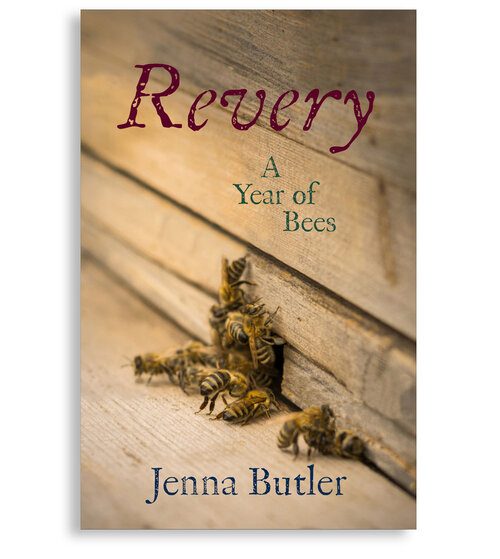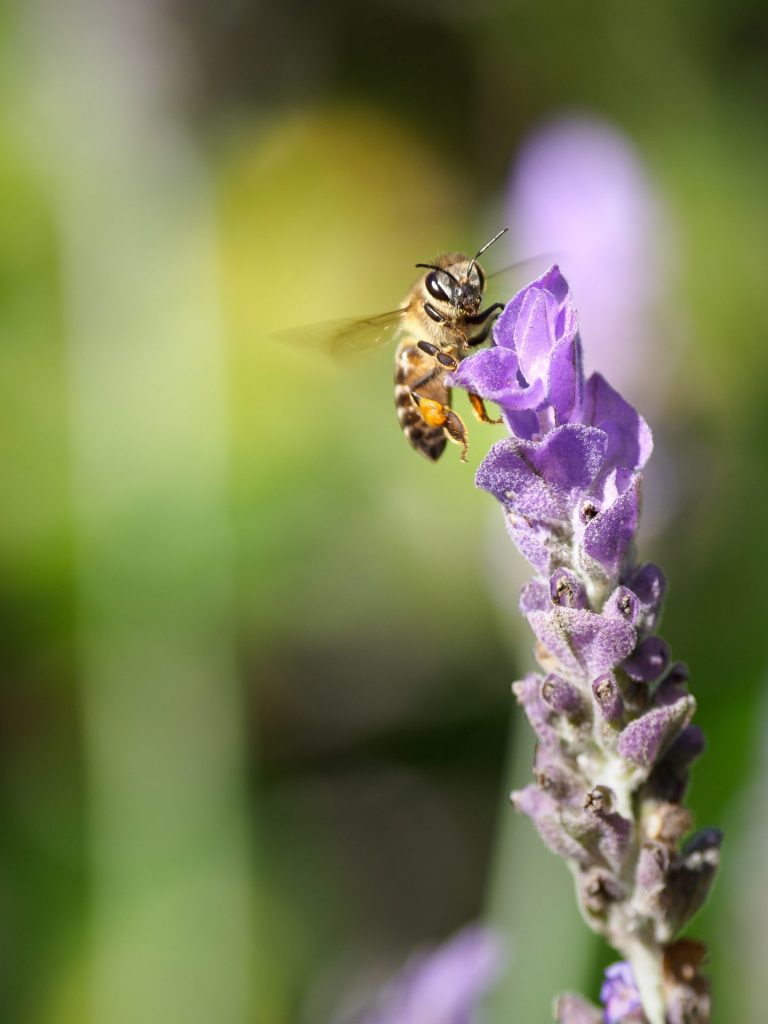Breaking News
- 3 years ago
- WHERE THE WILDWAYS ARE
- 3 years ago
- They Call It Worm. They Call It Lame. That’s Not Its Name.
- 3 years ago
- Climate of Change Episode 4: ‘Rewiring the Future’ Review
- 3 years ago
- The Playbook for Progress Homepage
- 3 years ago
- Climate of Change Episode 3: “Faith, Hope, and Electricity” – A Review




